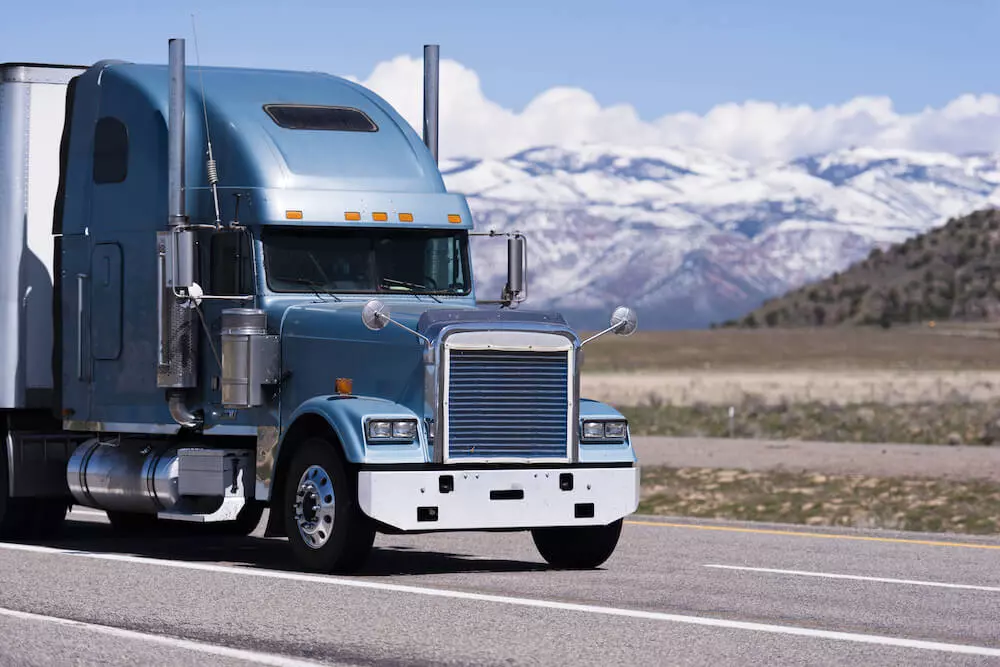Many transport companies hire trucks to deliver goods, especially when handling enormous workloads. Before leasing a truck, the two parties enter an interchange agreement outlining the details of the companies involved, the destination of the transit goods, and associated costs.
Besides a written contract, a valid interchange agreement includes trailer interchange insurance. The coverage cushions the truck owner against unforeseen damages to the truck while under the transport company’s possession.
Here’s a guide to trailer interchange insurance, including benefits to truck owners.
Table of Contents
What’s Trailer Interchange Insurance?
Trailer interchange insurance protects a trailer against physical damage while being hauled by an operator other than the registered owner. It covers the truck operator and the truck against collision damage, theft, fire, or explosion. As a result, if such unforeseen incidents occur, the insurer will settle the costs incurred, exonerating the trucker from further liability.
Limits and Deductibles of Trailer Interchange Insurance
Insurance companies have varying limits and deductibles for an interchange plan. However, the general rule is that the coverage limit should be sufficient to repair or replace an insured trailer when damaged.
The limit is the maximum amount the insuring company will pay for the damage. At the same time, the deductible is the amount payable by the policyholder to offset repair or replacement costs. Most insurance companies will pay the equivalent cash value of the trailer in case of damage or loss.
For instance, a trailer interchange insurance plan may have a $10,000 limit and a $1,000 deductible. If an accident occurs, the client will pay the deductible while the insuring company settles the cash value, provided it doesn’t exceed the limit.
Who Requires Trailer Interchange Insurance?
A trailer insurance plan is a must-have for a trucking company that often hires trailers from other companies or owners. However, it often comes as an endorsement of commercial truck insurance coverage. Trucking companies, therefore, need not buy it as a separate policy.
The coverage is also an essential requirement for power-only truckers and companies owning fleets of trucks. Motor-carrying companies also require their drivers to have interchange coverage when pulling non-owned trailers.
Common Exclusions of Trailer Interchange Insurance
Trailer interchange undoubtedly covers losses and damages from hazardous working environments and accidents. However, it doesn’t cover the goods transported on the trailer. For this reason, policyholders can’t claim compensation for theft or damage to such goods. Additionally, the policy doesn’t include compensation for injuries the driver may incur following an accident.
Trailer interchange insurance also excludes the following;
- A transaction without a valid interchange agreement.
- A truck not under the custody of the transport company.
- Willful damage to the truck by the policyholder.
The Cost of Trailer Insurance Interchange
The premium rates for interchange insurance vary across states. It also depends on whether you’re taking a policy for a single-axis, double-axis, or triple-axis trailer. Generally, insurers charge between $100 to 1,500 per year for insurance premiums.
That said, the following factors may also determine your costs;
- Policy limit and deductible.
- Driving history.
- Claims history.

